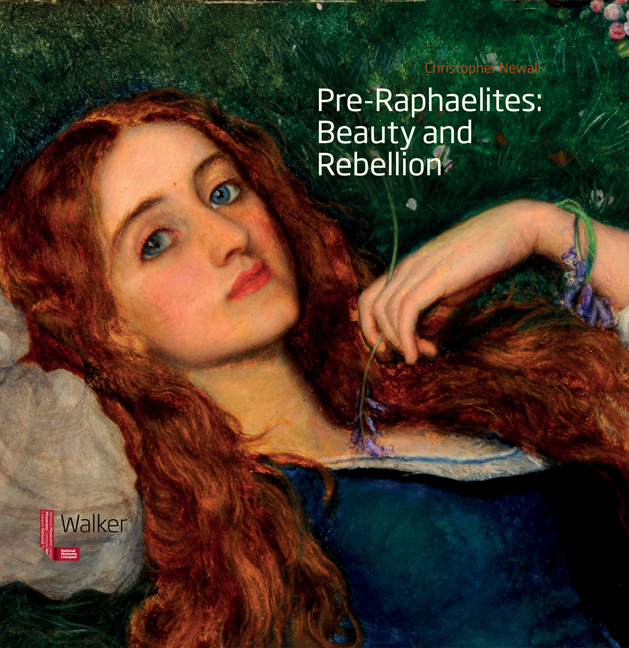John Miller of Liverpool
from The Liverpool patrons
Summary
The Liverpool merchant John Miller is one of the best known of the Pre-Raphaelites’ patrons and collectors. His enthusiasm for buying and selling art was sometimes to bolster his own collection and at other times to sustain the artists he supported, particularly William Davis. Our knowledge of Miller comes largely from the diaries and letters of the London and Liverpool Pre-Raphaelites: Ford Madox Brown and William Windus were close friends, and amongst his regular correspondents. But new research for this exhibition means that it is now possible to flesh out Miller's earlier life, including his Scottish origins, together with the business dealings that provided the means for his collecting.
Miller was one of the many Scottish immigrants in Liverpool in the 19th century whose business acumen contributed to the town's economic growth. He was the fourth child of John Miller and Ann Meek, and was probably born in Barony, Lanarkshire, in 1796. His father, and possibly Miller's uncle George, had business interests in Jamaica prior to returning to Lanarkshire as landed proprietors. George, who died in 1808, left £1,000 to his nephew John, perhaps the sum that would help Miller to establish himself in Liverpool. Miller's widowed mother remarried in 1809. By 1815, following the end of the Napoleonic Wars, and perhaps with locally gained experience behind him, a 19-year-old Miller would have been ready to seize the international opportunities that the North West port offered.
Although the year of his arrival in Liverpool cannot be established, the young entrepreneur was certainly in business in the town by 1819, under the partnership Cannon, Miller & Co. with another Scot, the merchant David Cannon. They had interests in several ships and from 1820 traded regularly with David Crichton, a Scottish merchant and shipbuilder in Pictou, Nova Scotia – Miller made several visits to Canada. The partners were involved in trading goods – including timber, cotton, mackerel and salt – and in the building and selling of ships. Their co-dependent business arrangement, with Crichton often in debt to his Liverpool partners, was a sometimes brittle one – Crichton once accused Miller of challenging him to a duel, which the latter denied. The Anglo-Canadian relationship weathered the peaks and troughs of several financial crises, but ultimately it ended in dispute in 1834, although the Liverpool partners continued business in Canada.
- Type
- Chapter
- Information
- Pre-Raphaelites: Beauty and Rebellion , pp. 66 - 70Publisher: Liverpool University PressPrint publication year: 2016



